YOUR CHANCE TO TACKLE CLIMATE CHANGE IN IRELAND
You can join us in making a positive impact through our Dublin Bay Oyster Project. The aim is to develop a brood stock of the European Flat Oyster (otherwise known as the Native Irish Oyster) using a technique known as oyster gardening.
OYSTERS AS THE KEY TO A CLEANER OCEAN
Oysters are a fantastic nature-based solution against the risk of climate change. They improve water clarity by filtering seawater as they feed on nutrients, algae and phytoplankton. Sunlight can then penetrate the water to the seafloor, allowing more seagrass and seaweed beds to grow. Seagrass, a powerful carbon sink, sequesters atmospheric CO2 at a rate up to 35 times faster than the rainforest.
Many of us living and working in Ireland have a unique chance to lead the way in tackling rising sea levels and coastal erosion. With nearly 40% of us residing within 5km of the coast, our proximity to these areas offers us an exciting opportunity. By acting now we can create a lasting impact that preserves our coastline for years to come.
The sales of our Green Ocean Coffee are funding our Dublin Bay Oyster Project. Book a tasting for your office or café and make a meaningful difference with us.
SEE OUR OYSTER GARDENS IN DUBLIN BAY
REVIVE DUBLIN’S HISTORY
Until the early 1800s, Dublin Bay was once home to naturally occurring oyster reefs which were harvested by hand and boat around Clontarf and Bull Island. These reefs were so abundant that oysters were sold as “fast food” on the streets of Dublin.
However, the popularity of the Irish oyster led to its downfall. The oyster reefs were overexploited and their stock disappeared. Until Now!
HOW OYSTERS STRENGHTEN OUR COASTLINE
Our wild Irish oysters are sourced from Tralee Bay and are placed in specialised marine boxes that allow the oysters to filter feed. Dublin Bay is currently home to 120 boxes suspended 1-2 meters from floating walkways in harbours and marinas. Each box or oyster garden houses 10 mature oysters.
As the oysters spawn, they release fertilised larvae that settle on hard surfaces (harbour walls, other oysters, rocks etc.). Over 3 years the larvae grow from spat to juvenile to mature oysters with an expected life of 20 years.
Over the next 10-20 years the oysters will spread and form clumps which develop into reefs. These reefs help stabilise the seafloor, providing a natural barrier against storm surge and coastal erosion, two major consequences of climate change.
Follow Our Oysters’ Progress on LinkedIn
WE CAN’T DO IT ALONE
We need your help in expanding the impact of this project. Switch to Green Ocean Coffee and support our oyster gardens in Dublin Bay.
